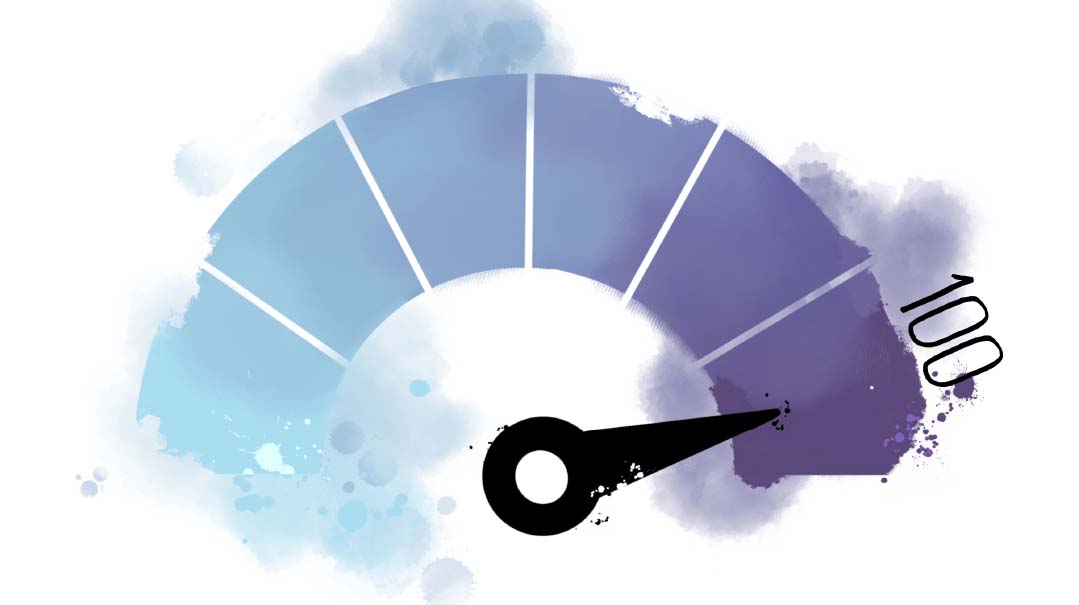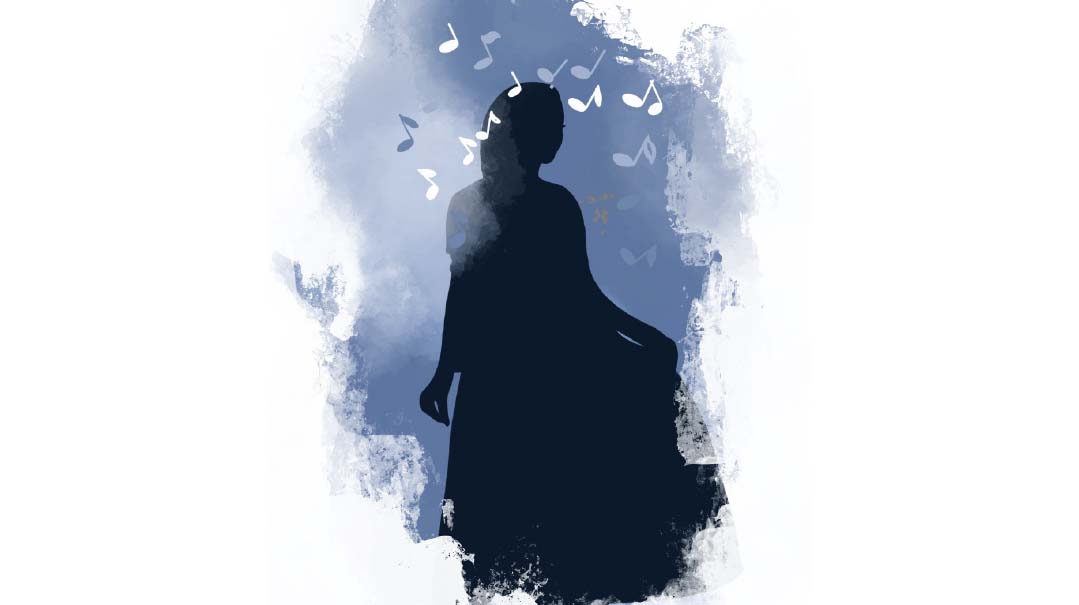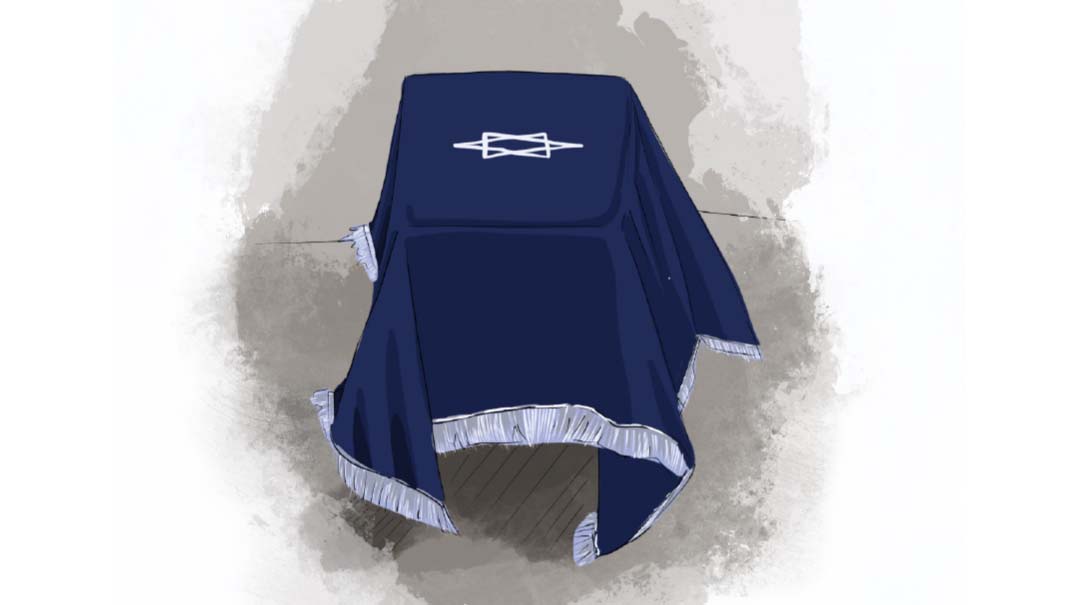Scoring a Hundred

Two years later, those Covid-inspired kabbalos and resolutions are still keeping us going. Eight personal accounts

Project Coordinator: Rachel Bachrach
Illustrations: Marion Bellina
Scoring a Hundred
Eytan Kobre
Eons ago, when COVID-19 first burst onto the world scene and into our lives, I realized I needed to somehow respond to it personally. In my weekly column, I had cited the Rambam’s famous words that the Jewish response to tribulation and tragedy is soul-searching and self-betterment, and a modicum of self-honest consistency called upon me to live up to that.
But where to begin? When people asked that question to Rav Yosef Shalom Elyashiv, he said it’s not difficult to know what to take on; just open a Shulchan Aruch to the first page and ask yourself, “Do I already fulfill all it says here?” If so, go on to the next page. You’ll soon have your answer, and then some.
Still, it made sense to first check what Torah sources might say about how a Jew ought to respond to this very predicament — a plague loosed upon humanity. And that’s how I came to adopt the practice — it’s not just a minhag or an “inyan,” but the halachah, and according to several Rishonim, one of the 613 mitzvos — of meiah brachos, reciting 100 blessings daily.
That’s not to say I was totally unaware that something called meiah brachos
existed. It’s right there, after all, in Shulchan Aruch (Orach Chayim 46:3), which states unequivocally, “A person is required to make at least one hundred brachos each day.” I had certainly learned those words several times. I even knew that the Midrash says Dovid Hamelech first enacted this practice in response to a plague that was killing 100 Jews each day, which then abated.
And yet, this knowledge had penetrated to only the periphery of my consciousness, and for a very long time, there it remained. But once the spreading pandemic prodded me to study the topic more closely, a whole world opened before me. I came across the words of the Bach that the plague of Dovid Hamelech’s times never disappeared; it’s with us still today, its deadly potential kept at bay by our daily recitation of 100 brachos.
And I read that when Rav Shlomo Zalman Auerbach was approached by an adam gadol who was seriously ill for advice on how to arouse Divine mercy, he replied, “It’s not for me to say this to others, but if I was in that situation, I would strengthen myself in regard to making meiah brachos, making sure to say ‘Baruch’ as it should be, ‘atah’ as it should be, and ‘Hashem’ as it must be said.”
The Rambam (Hilchos Brachos 1:4) writes that by reciting the multiplicity of brachos that Chazal ordained, a person comes “to remember the Creator always and to fear Him.” And indeed, I found that the effort to more carefully observe this halachah began to slowly, ever-so-slightly have the intended effect.
This was particularly the case on Shabbos. On weekdays, the three tefillos alone account for more than 80 percent of the 100 brachos. But Shabbos, with a Shemoneh Esreh containing many fewer brachos, poses a challenge — often a delicious one, to be sure, since a prime way to compensate for this deficit is by making brachos over a variety of Shabbos treats.
This Shabbos shortfall requires keeping close track of one’s progress toward the goal — a haeitz here and an Asher Yatzar there. (A tip: Davening from the amud or receiving Maftir is a windfall, brachos-wise.) And along with that mental score-keeping comes a heightened Shabbos-long consciousness of He Whom we address in our brachos and of the riches with which He showers us. Subtly, the day becomes a bit more of a Shabbos hayom l’Hashem.
Carefully observing meiah brachos doesn’t just affect mindset, but behavior too. It’s why I make a small kiddush upon coming home after Mussaf — known to my grandkids as Zeidy’s Brachos Bonanza — which nets me seven valuable brachos. (Note that in summertime, it renders making “early Shabbos” a bit dicier, since most poskim hold the day for purposes of meiah brachos runs from sundown to sundown. Consult your local rabbi for direction.)
And it’s why, following the advice of the great halachic authority Rav Yaakov Emden in his siddur, I’ve pressed an empty Taster’s Choice coffee jar into service as a “meiah brachos pushke.” At some point early on Shabbos afternoon, I reckon the brachos I’ve made thus far and deposit a corresponding number of candies or nuts in the jar, to be distributed to said grandkids. (I wonder: Could that have anything to do with their abiding interest in my punctilious observance of this halachah?)
We’ve all been through difficult, stressful times recently. But for me, there’s no question: These last two years have brought blessings — a hundred of them, to be precise — into my daily life.
Eytan Kobre is a weekly columnist and contributing editor at this magazine. He lives in Bayswater, New York.
(Originally featured in Mishpacha, Issue 900)
Oops! We could not locate your form.






